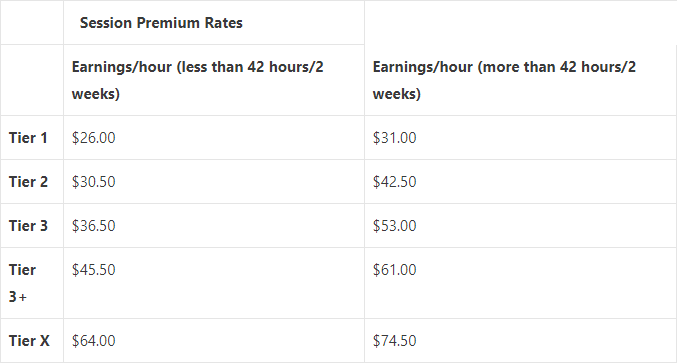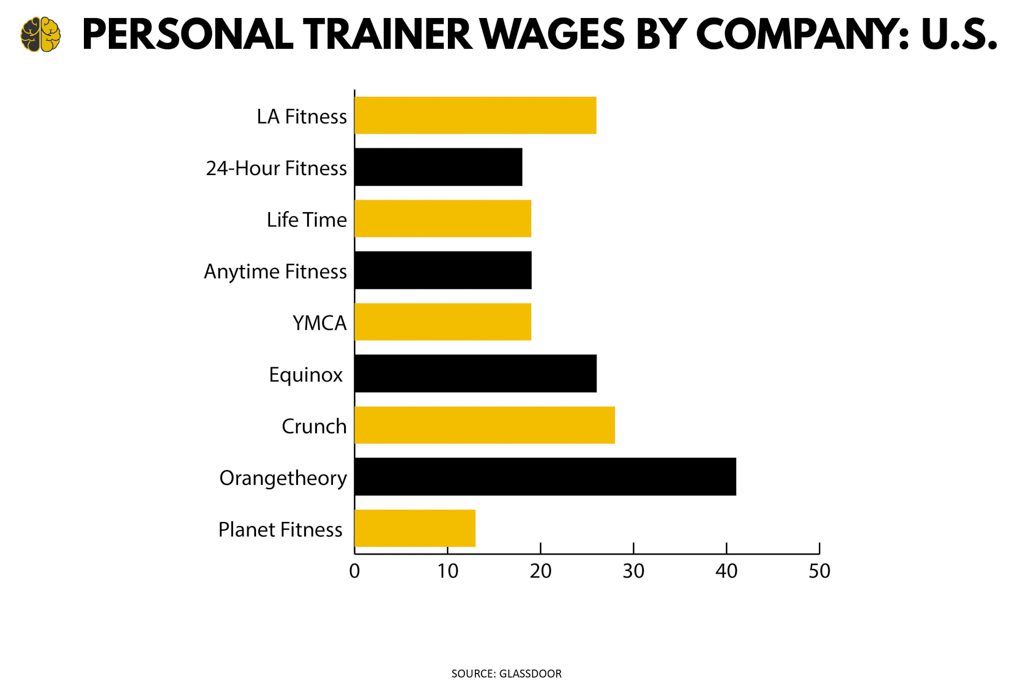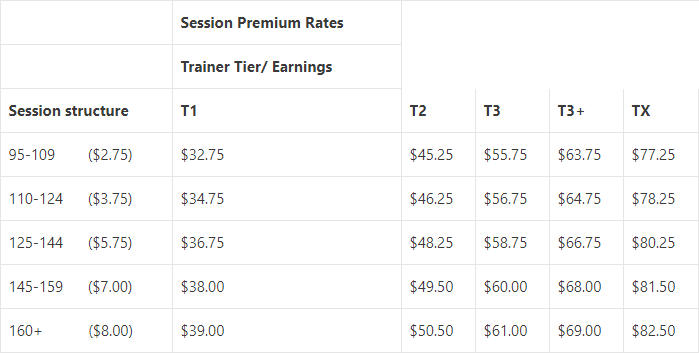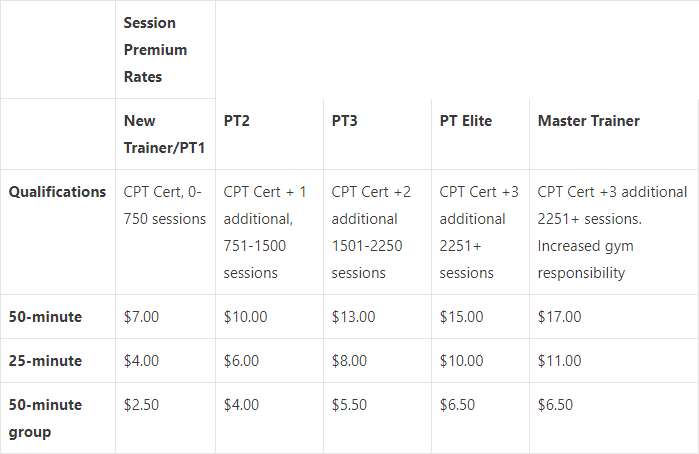How Much Do Equinox Personal Trainers Make

The rhythmic clang of dumbbells, the motivational shouts echoing across the polished floors, the focused grunts of exertion - it's a typical Tuesday evening at Equinox. Amidst this symphony of fitness, the personal trainers stand out, guiding and pushing their clients towards their goals. But beyond the sculpted physiques and infectious energy, a question lingers: what’s the financial reality for these fitness professionals?
This article delves into the earning potential of personal trainers at Equinox, exploring the various factors that influence their income, from experience and certifications to location and client base. Understanding the compensation structure provides valuable insights for both aspiring trainers and those curious about the business side of the luxury fitness industry.
The Base Pay and Commission Structure
Equinox trainers don't typically have a fixed salary; instead, they operate on a commission-based system. The exact percentage varies, but it's usually a blend of an hourly rate for sessions delivered and a commission on the total revenue generated from those sessions.
New trainers might start with a lower commission split, which increases as they gain experience and build their clientele. According to various reports and trainer testimonials online, the starting hourly rate can range from $25 to $40, while the commission rate can range from 30% to 50%.
Factors Influencing Earning Potential
Several key elements determine how much an Equinox trainer ultimately earns. Experience is a significant factor. Seasoned trainers with proven track records command higher rates and attract more clients.
Specialized certifications are also crucial. Trainers holding certifications in areas like strength and conditioning (CSCS), nutrition, or specific training modalities (e.g., Pilates, yoga) can often charge a premium and attract a niche clientele.
Location matters, too. Trainers working in high-demand Equinox locations, such as New York City or Los Angeles, generally have higher earning potential due to the higher cost of living and greater willingness of clients to invest in premium fitness services.
Finally, building a strong client base is paramount. A trainer with a loyal following who consistently books sessions will naturally earn more than one who struggles to attract and retain clients.
Beyond the Hourly Rate: Additional Revenue Streams
Equinox trainers often have opportunities to supplement their income beyond individual training sessions. These can include leading group fitness classes, conducting fitness assessments, and running specialized workshops.
Some trainers also leverage their expertise by offering online coaching or creating customized workout programs, further diversifying their income streams.
However, it's important to note that generating these additional revenue streams often requires significant effort and marketing savvy on the trainer's part.
"Success at Equinox, like any fitness profession, hinges on building relationships and delivering results," says a former Equinox trainer, *Mark Thompson*, now a independent coach. "It's not just about knowing the exercises; it's about connecting with your clients and helping them achieve their goals."
The Bottom Line: Earning Potential Varies Widely
So, how much can an Equinox trainer realistically make? The answer, unfortunately, isn't straightforward. Earnings can range from $40,000 to well over $100,000 per year, depending on the factors mentioned above.
A relatively new trainer working part-time in a less lucrative market might earn closer to the lower end of the spectrum. In contrast, a highly experienced trainer with a full schedule and specialized certifications in a major city could easily surpass six figures.
The fitness industry is competitive. Success requires not only expertise but also dedication, entrepreneurial spirit, and a genuine passion for helping others achieve their fitness goals.
The world of Equinox personal training offers a potentially lucrative career path for those who are willing to put in the work. While the financial rewards can be significant, they are ultimately a reflection of the trainer’s skills, dedication, and ability to build a successful business within a structured framework. The true reward lies not just in the paycheck, but in the positive impact trainers have on their clients' lives.


















